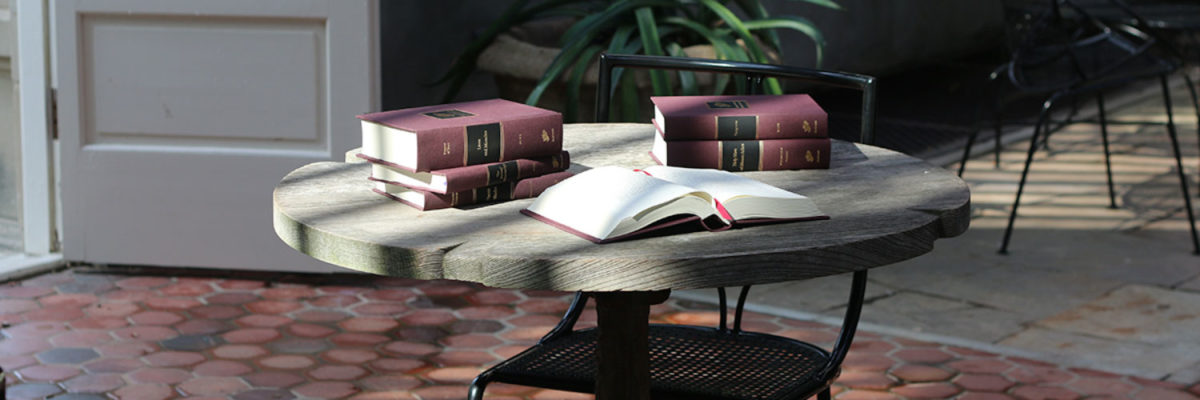Between the years 1010 and 1026, Egbert, a cleric who taught in the town of Liege (now part of Belgium) decided to make a book for the young students in his classroom. The work he created is called The Well-Laden Ship, and is a poem that retells various proverbs, fables and folktales. It was designed to teach grammatical rules and give moral lessons to the students.
Egbert explains that he wrote it “not for those who are already perfected to manly strength by careful attentive reading, but for those timid little boys still subject to discipline in school; so that, when their teachers are absent, while that band of youths is babbling to one to one another certain ditties (though none of them to any purpose) in order to sharpen somewhat their meager talent by practicing and frequently chanting those little verses, at such times they might rather use these.”


